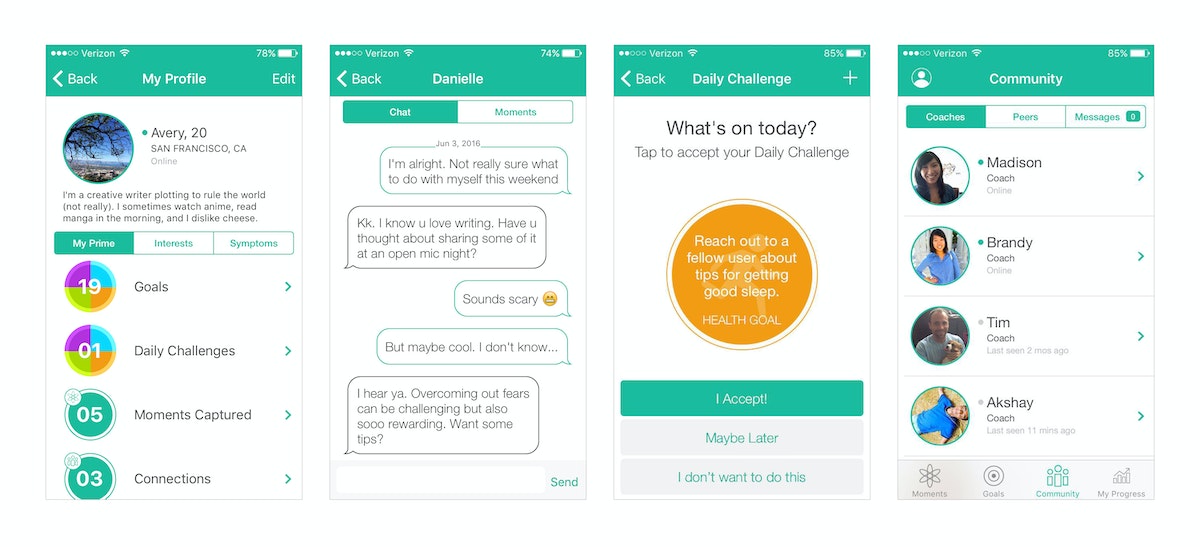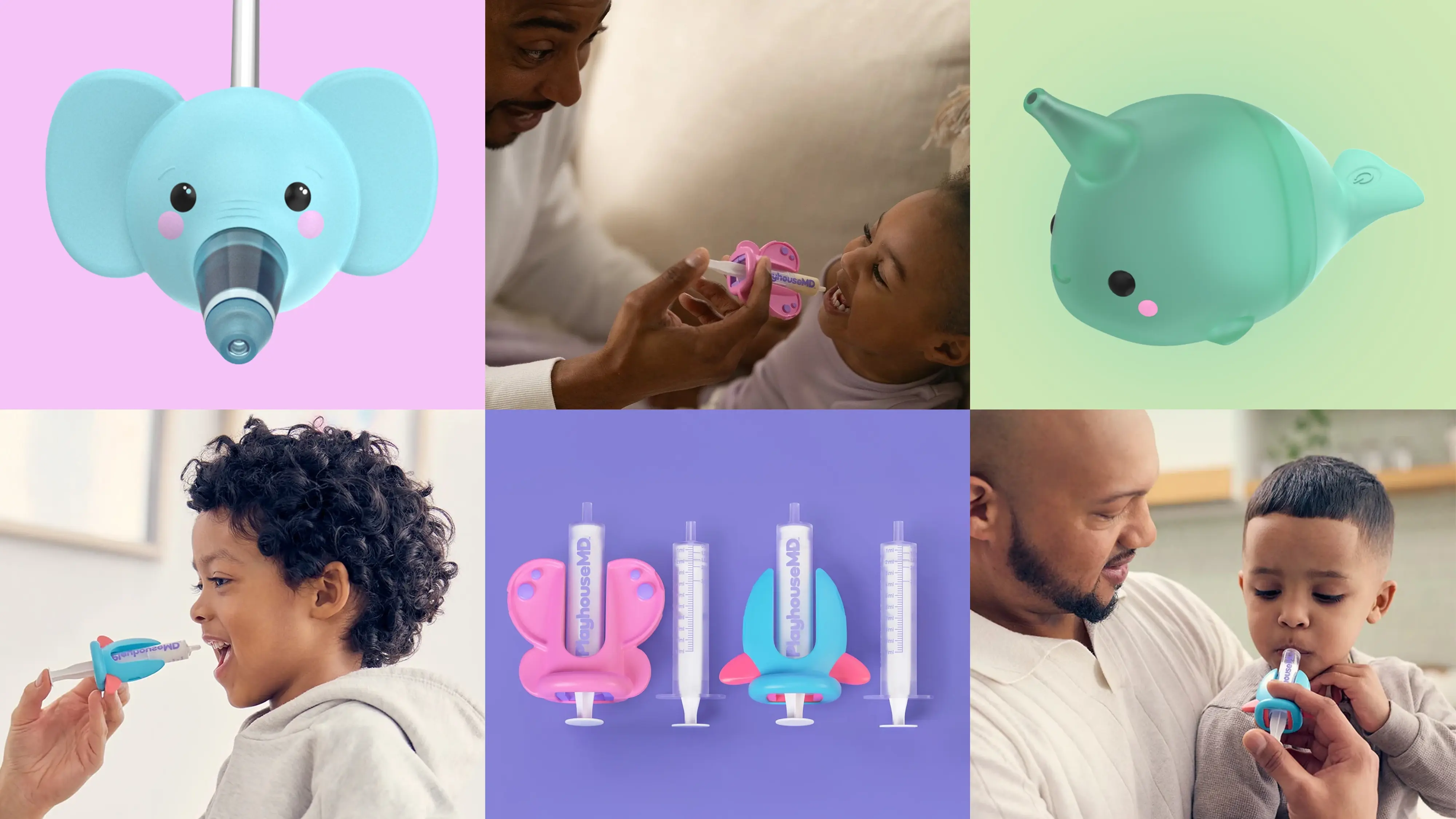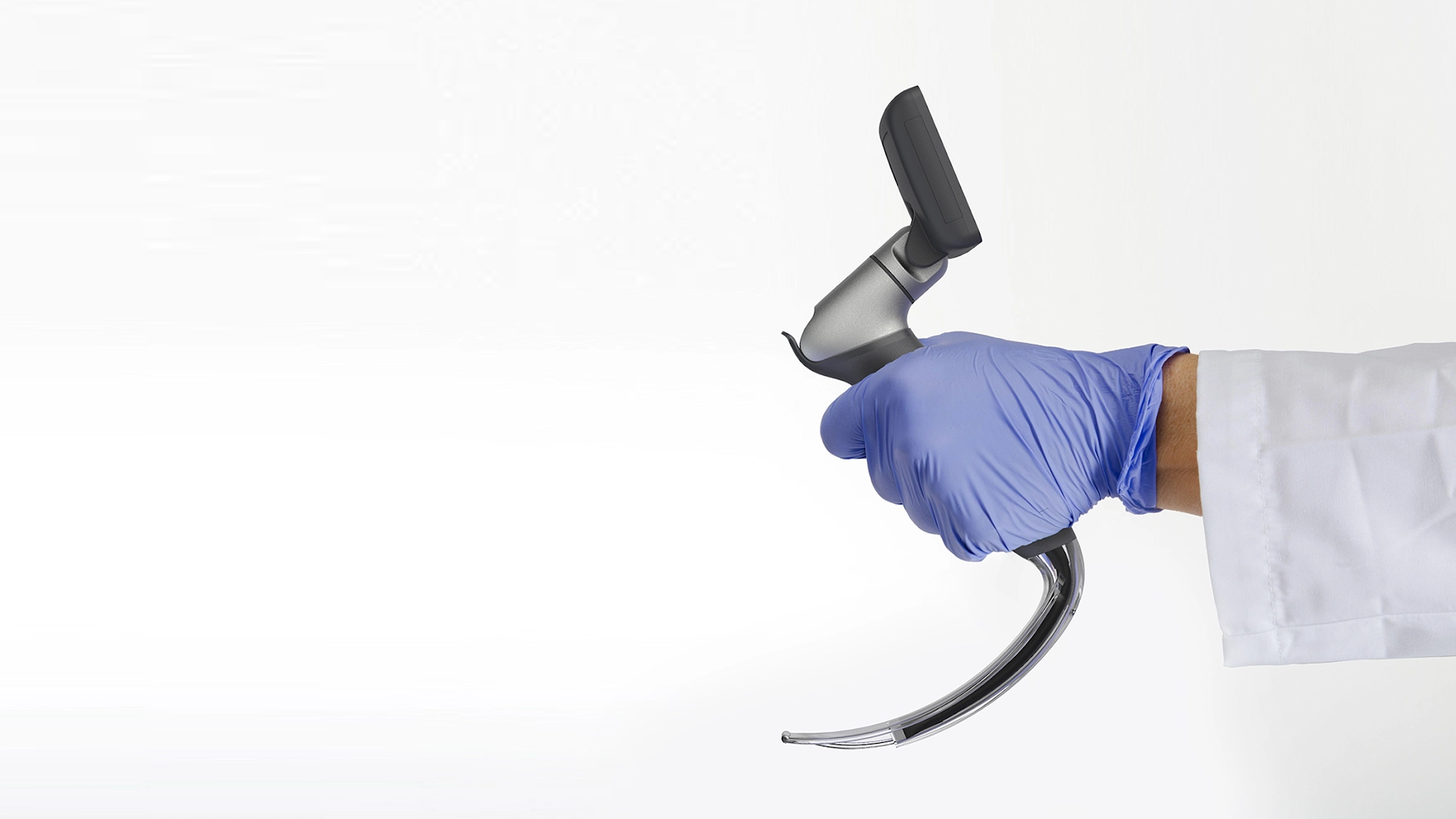Improving quality of life for young adults with schizophrenia

Working with IDEO helped us make powerful, creative leaps in our process, and build a digital health platform that’s already deeply impacting patients’ lives.
More than 50 million people worldwide suffer from schizophrenia, yet only half receive psychiatric treatment. When they do, it usually involves medication and one-on-one therapy to treat the most visible symptoms, including hallucinations and paranoia. But the disease can also cause debilitating symptoms that medication can’t easily treat, such as social anxiety and isolation, lack of motivation, and memory deficits.
For people living with these symptoms, what might seem like simple activities—socializing, spending time outdoors, exercising—can sometimes feel overwhelming. And if patients aren’t given effective care, they can become even more isolated, and their physical health and quality of life suffer. They’re far more likely to let the rest of their treatment regimen slip, skipping medication or therapy sessions.
To help address these challenges, a digital health research group at the University of California, San Francisco (UCSF) approached IDEO with an idea to supplement the longstanding medication-and-therapy model with a tool to alleviate hard-to-treat symptoms, and more importantly, improve patients’ quality of life. It would require identifying unmet needs among patients and determining which kinds of interactions could have the greatest impact on young people with mental illness.
The outcome of that collaboration is PRIME, or Personalized Real-time Intervention for Motivational Enhancement, a digital platform that empowers young people with schizophrenia with the tools, motivation, and community of support they need to achieve their goals.
The simplicity of PRIME belies its deep functionality. The easy-to-use mobile app helps patients stay motivated to stick with behaviors that boost their health, social skills, and productivity, and it provides motivational coaching from trusted professionals and social connections with other patients.

How It Works
The PRIME app lets users set daily goals based on their particular needs. There are more than 500 small challenges to try—from inviting a friend to play basketball to spending time with a family member—and users can see their progress tracked through incremental successes over time.
Whenever users need help, trained motivational coaches are on hand to provide cognitive behavioral therapy coaching, encourage patients to achieve their goals (and to push beyond their comfort zones), and support their interactions with other users.
Tapping into its vibrant social network to help patients feel less isolated, PRIME prompts users to snap photos of happy moments, highlight important events in their lives, and share challenges they’re proud to have accomplished. Unlike Facebook, which can be overwhelming for some patients with schizophrenia, PRIME is a closed community where users can talk freely about their challenges with others who are just like them.
Click above to hear our audio story, or listen on SoundCloud.
To measure the efficacy of PRIME, UCSF and IDEO combined traditional metrics, such as Patient Health Questionnaire scores and time spent in the app, with new metrics evaluating patients’ quality of life. For example, they studied the pictures of things that made users happy before and while using the app, and measured the frequency, depth, and quality of patients’ social interactions in the app based on word choice and punctuation.
Learnings from these human-centered metrics helped the team iterate further on PRIME’s design, so that the platform would generate even higher levels of engagement and stronger improvements in patients’ motivation and social functioning. In this 2016 peer-reviewed, clinical study, 80 percent of patients with schizophrenia achieved their daily goals, and users logged into the app an average of 4.5 times a week, far more than the expected rate of once a week.
PRIME has also made an impact on patients and their families on a personal level. The mother of one research participant was thrilled with the results. She told IDEO, “I wish you could have witnessed my daughter’s first response to seeing the faces and profiles on her phone. She looked at me, smiled, and said, ‘Everyone looks normal. Everyone looks like people you see every day.’ It was as if she looked into a mirror that reflected possibility and hope.”
Human-Centered Design
The PRIME platform is an example of how the human-centered design process can lead to first-of-its-kind innovations in the field of mental health care. PRIME designers conducted comprehensive interviews that led to a deep understanding of patients as whole people, not just conditions or sets of symptoms.
For Dr. Danielle Schlosser, lead researcher on the PRIME project at UCSF, collaborating with IDEO and applying design thinking to her research on mental health was illuminating. "[It] showed us that in order to engage our users, we needed to provide a safe and supportive community that directly catered to their needs. The insights we gained enabled us to create an experience that inspires patients to improve their quality of life by emphasizing their strengths. Working with IDEO helped us make powerful, creative leaps in our process, and build a digital health platform that’s already deeply impacting patients’ lives.”

The success of PRIME in treating schizophrenia has led to additional federal research funding, and the platform is now being expanded to treat a wider range of mental health conditions.
For example, in this recent, peer-reviewed study, PRIME helped patients with moderately severe depression experience a 50 percent reduction in symptoms, with a noticeable difference in just two weeks—far faster than the average of four to six weeks it takes for traditional medication and therapy to yield improvements. By the end of the depression study, 90 percent of participants said they had achieved their treatment goals, such as to “become happier” or to “feel less lonely.”
Numerous patients with schizophrenia and depression have already benefitted from PRIME’s unique offering, and the team is exploring ways to commercialize and scale PRIME to reach more people with mental health conditions.
Press stories
Curious about how this kind of thinking could benefit your organization? We’d love to hear from you.
Subscribe

.svg)










